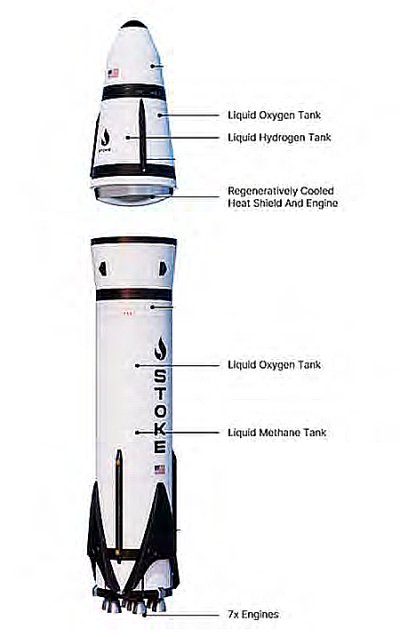Mining Mars
Cool image time! The picture to the right, cropped, reduced, and sharpened to post here, was taken on May 22, 2024 by the high resolution camera on Mars Reconnaissance Orbiter (MRO). The picture’s focus of study is the bright strip running diagonally across the center, which the scientists label as a “linear feature exposure of infrared-bright material.”
This bright strip with all the swirls of alternating light and dark terrain is a fissure about 80 feet deep. What is interesting is that the parallel bright features to the north and south are actually ridges, not depressions, even though there appears to be some resemblance between them all. (Note that the patches of very thin parallel lines are likely ripple dunes sitting on top of the topography.)
So, what created this fissure? And why is its inner surface so strange? As is usually the case, a wider look provides some clues.
» Read more
Cool image time! The picture to the right, cropped, reduced, and sharpened to post here, was taken on May 22, 2024 by the high resolution camera on Mars Reconnaissance Orbiter (MRO). The picture’s focus of study is the bright strip running diagonally across the center, which the scientists label as a “linear feature exposure of infrared-bright material.”
This bright strip with all the swirls of alternating light and dark terrain is a fissure about 80 feet deep. What is interesting is that the parallel bright features to the north and south are actually ridges, not depressions, even though there appears to be some resemblance between them all. (Note that the patches of very thin parallel lines are likely ripple dunes sitting on top of the topography.)
So, what created this fissure? And why is its inner surface so strange? As is usually the case, a wider look provides some clues.
» Read more









